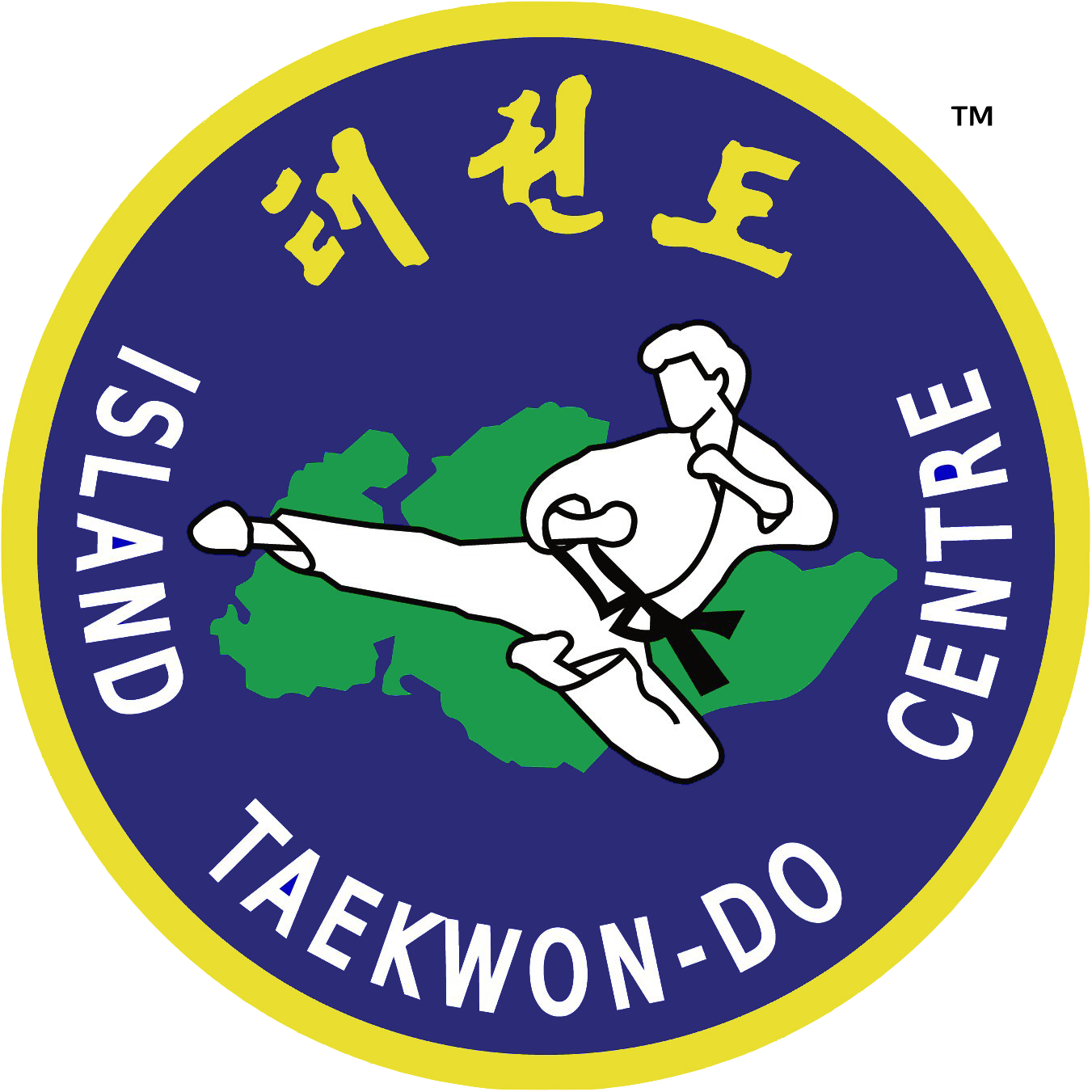Message from the son of the founder of Taekwon-do: Emphasize “do” when practicing “Taekwon”
Many who practice Taekwon-do focus only on techniques and neglects the “do – the moral values”, which is far from the heart of the true Taekwon-do*.
This is the view of the President of the International Taekwon-do Federation Grandmaster Choi Jung Hwa. He advocates that those who practice Taekwon-do should above all place emphasis on moral values such as honesty and selfless giving. They should not seek individual honour solely aiming to attain the rank of a black belt.
54 year-old Choi Jung Hwa arrived Singapore yesterday. He will hold seminars tomorrow to interact with local Taekwon-do practitioners and students. He will teach proper Taekwon-do movements and instill the proper Taekwon-do values.
Born in South Korea, Grandmaster Choi now lives in Toronto, Canada. He is also the son of the founder of Taekwon-do the late General Choi Hong Hi. Grandmaster Choi Hong Hi came to Singapore in 1993 to train instructors.
Choi Jung Hwa feels that the Taekwon-do spirit is deteriorating gradually, especially in the West. He said: “In the Western countries, people practice Taekwon-do to overtake others; to obtain individual glory. In the Eastern countries, we emphasize the importance of country, society and family before self. Taekwondo put special attention on the `selfless spirit’, which is actually a strange concept in the westerners’ eyes.
“Taekwon-do not only kicks with the foot and hits with the hand, but stresses moral values like integrity and charity. However, some people have actually neglected this “Do” when practicing Taekwon-do.” He further pointed out that some institutions teach Taekwondo solely for commercial interest, and does not take the teaching of moral values seriously. This is wrong. In this trip, he hopes to bring across this message to all the instructors here – to reiterate the principle objective of his late father when he established Taekwon-do.
Choi Jung Hwa has attained the level of 9th degree Black Belt, which is the highest rank in Taekwon-do. However, he feels that moral and character building are more important [than mere ranks]. He said: “Some people use the belt ranking system as a tool for individual fame. There are those who upon attaining high ranks becoming extremely arrogant and even dictator-like. I personally do not pay credence to ranks, the quality of the individual is most important.”
In this trip, Choi Jung Hwa also hopes to advance Taekwon-do in Asia. He hopes to see improved standards in Asia in the future. He pointed out that, with the exception of South Korea, the standard of Taekwon-do is higher in Europe and South America than in Asia. This is a phenomenon that he wants to correct.
He explained: “My father had gone to North Korean to promote Taekwon-do. He ended up being labeled a “communist” by the South Korean government.” His father then had no choice but to leave South Korea moving to Canada and later to Europe. This [historical] politically triggered event has led to the eventual weakening of the Asian standard as compared to Europe and the Americas.
Choi Jung Hwa iterated that his father had hoped to see an expansion of Taekwon-do in Asia. He has now inherited his father’s work. He also pointed out that Singapore has very strong Taekwon-do competitors and instructors. For example, [Jonathan] Sun Shenglong won a bronze medal in the 2004 Taekwon-do [World] Championship. This tournament saw participants from more than 70 countries so this is quite an achievement. He said: “Similar to the situation in the rest of Asia, although there are Taekwon-do talent in Singapore, we need to produce even more talent.”
Translator’s Note
The “Do” in Taekwon-do has been loosely translated to the English word “art” hence Taekwon-do becomes known as the art of Taekwon. “Do” or the more contemporary use of the word “Tao” actually has no direct equivalent in the English language as such a concept escapes the mind of the Westerners. It is still till today a foreign concept to many. “Do” or Tao is more than just art; it encompasses a set of moral believes and values; a way of life; and a transcendental state of mind.
Zaobao dated Oct 26, 2007 Original text: http://sports.zaobao.com/pages9/others071026a.html
